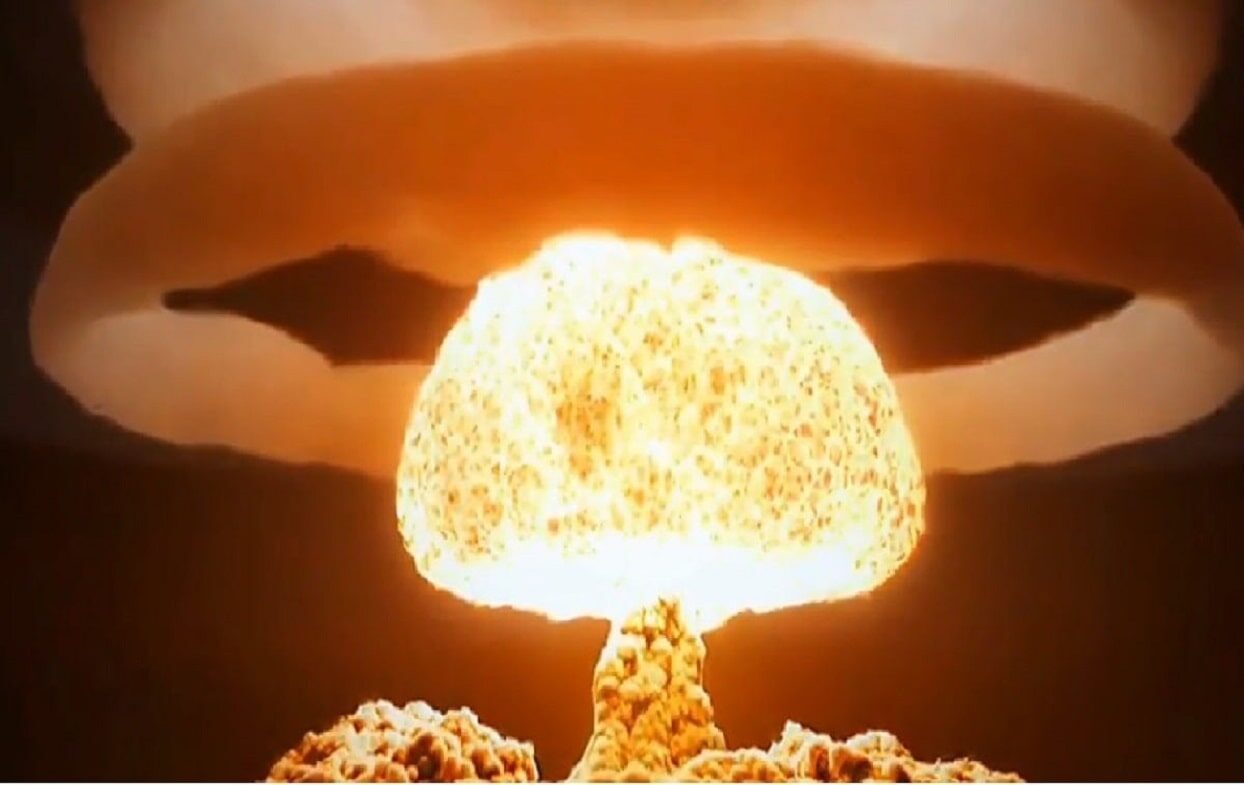The Islamic Republic of Iran’s proximity to acquiring a nuclear weapon appears to be looming closer. Last week, Iran shared its intention to remove 27 surveillance cameras from its nuclear facilities with the International Atomic Energy Agency (IAEA). This proclamation follows the IAEA’s censure of Iran after the regime failed to answer critical questions regarding nuclear material found at various undeclared sites in the country. The removal of visual aids prevents the international watchdog from properly monitoring Iran’s nuclear developments. Industry experts assert Iran’s regime is merely weeks away from achieving its nuclear breakout time. While the time Iran needs to acquire detonation and delivery remains unknown, the regime’s behavior and actions certainly indicate its next steps to possessing a nuclear weapon will be prioritized.
Since the ongoing joint U.S.-Iranian nuclear negotiations in Vienna have stalled, Iran has continued to ramp up its proliferation-related efforts. In a report published by Germany’s Federal Office for the Protection of the Constitution, Iran’s illicit behavior to advance its nuclear program is detailed. The report asserts that Iran is “pursuing one of the largest missile programs in the Middle East,” and describes how the regime supplies its regional proxy group, the Houthi rebels in Yemen, with the weapons it uses to launch attacks targeting its adversaries. Additionally, the report outlines that Germany’s “domestic intelligence agencies were able to identify a significant increase in the indications of proliferation-related procurement attempts by Iran for its nuclear program.”
The publication of the German government report detailing Iran’s nuclear development coincided with the IAEA’s Board of Governors recent censure of Iran. The U.S., France, Germany and Great Britain approved a resolution criticizing Iran for refusing to oblige with investigator’s concerns regarding traces of uranium detected at several undisclosed sites. This motion is significant as it marks the first time the international body has censured Iran since 2020. The IAEA’s Director General Rafael Grossi reiterated that “Having a significant quantity (crossing the uranium enrichment threshold) does not mean having a bomb,” adding that “this idea of crossing the line, it’s going to happen. They are very close.”
The Director-General is referring to inspectors’ findings that Iran has nearly 33 kilograms of uranium enriched up to 60% in March. This number is likely higher today. Iran’s refusal to provide credible information about the uranium traces found in three undeclared locations combined with its announcement to remove 27 security cameras suggests Iran is committed to reaching its nuclear ambitions, regardless of international negotiations. Grossi stated that the IAEA cannot confirm Iran’s compliance with the Comprehensive Safeguards Agreement until it “provides technically credible explanations for the presence of uranium particles” at the undeclared sites. For the last year, Iran has withheld footage from the international body to leverage its position in the Vienna talks.
As Iran’s proliferation of nuclear materials increases and its failure to comply with international standards persists, Israeli officials have indicated it will act militarily if necessary to ensure its top adversary never obtains a nuclear bomb.
Maya Carlin is a Middle East Defense Editor with 19FortyFive. She is also an analyst with the Center for Security Policy and a former Anna Sobol Levy Fellow at IDC Herzliya in Israel. She has by-lines in many publications, including The National Interest, Jerusalem Post, and Times of Israel.

